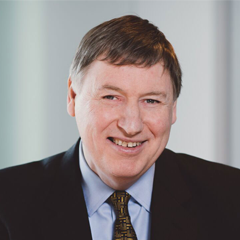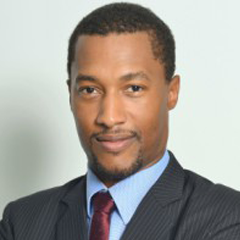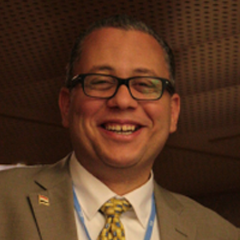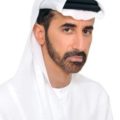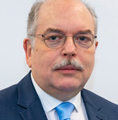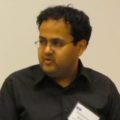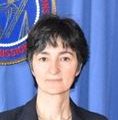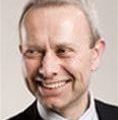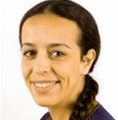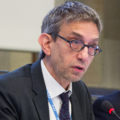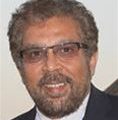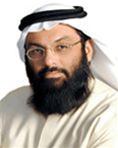Chief Regulatory Office, Zain Group
Dr. Andrew Arowojolu is Zain Group’s Chief Regulatory Officer. Andrew oversees the group’s regulatory roadmap and engagement with Zain’s operating companies, industry advocacy bodies and regulatory authorities within Zain’s footprint. He is responsible for policy development and execution support on regulatory matters impacting licensing, spectrum management, competition policy, industry taxation, interconnection, infrastructure, data protection and privacy, digital identity, FinTech, M2M/IoT, 5G and cloud services.
Andrew is a Senior Telecoms Executive with over 27-years of experience in the telecommunications industry, including 11+years in professional consulting in EMEA and Asia. Andrew is a member of the GSMA MENA Chief Policy & Regulatory Officers Group (CPROG), GSMA’s Spectrum Strategy Management Group (SSMG) and SAMENA Council’s Working Groups on Digital Services, Data Regulation and Spectrum Management. Andrew is also a Member of the Institution of Engineering and Technology (IET) and the International Association of Privacy Professionals (IAPP).
Prior to his current role, Andrew held senior leadership positions in Zain in the areas of corporate strategy development, M&A and business development. From 2003 until 2016, Andrew played leading roles in Zain’s major M&A transactions, initial public offerings, licence bids and digital venture capital investments in the MENA region. Landmark transactions include the purchase of 13 mobile operations from Celtel International for a total consideration of US$ 3.36 billion in May 2005 and the subsequent US$ 10.7 billion sale of Zain Africa BV to Bharti Airtel in June 2010; the 2008 Zain Saudi IPO and subsequent USD 1.6 billion rights issue in 2012; and the Celtel Zambia IPO, Zain Bahrain and Zain Iraq IPOs that were completed in 2008, 2014 and 2015 respectively.
From 1995 until 2003, Andrew was the Technical Director of Freshfield Communications Limited, a UK-based telecoms consultancy firm, developing 2G and 3G wireless radio planning platforms. From 1994 until 1995, Andrew worked for Mobile Systems International UK (MSI) as Head of Technology Group.
Andrew holds a Doctorate (PhD) in Mobile Radio Communications (1994) and an M.Sc., (Distinction) in Microelectronics and Telecommunications from University of Liverpool, UK (1991) and a B.Sc. (First Class Honours) in Electrical and Electronic Engineering from the University of Lagos, Nigeria (1988). Andrew is currently pursuing an LLM in Technology, Media and Telecommunications Law at the Queen Mary Centre for Commercial Law Studies, UK.


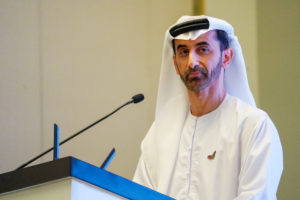
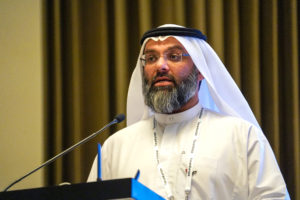
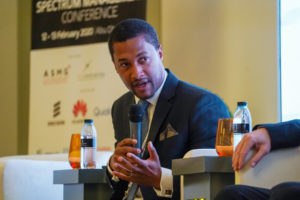


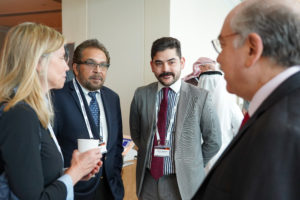


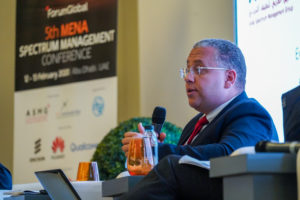

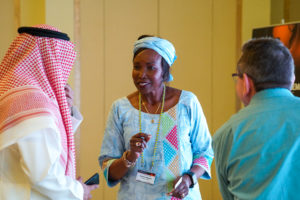


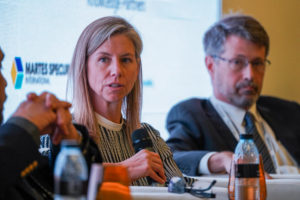


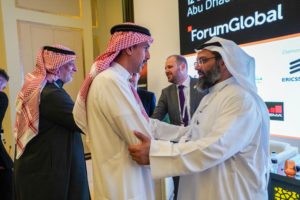























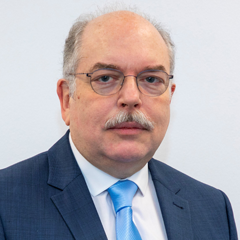

 H.E Majed Al Mesmar, Deputy Director General / Telecom Sector, TRA UAE
H.E Majed Al Mesmar, Deputy Director General / Telecom Sector, TRA UAE 




